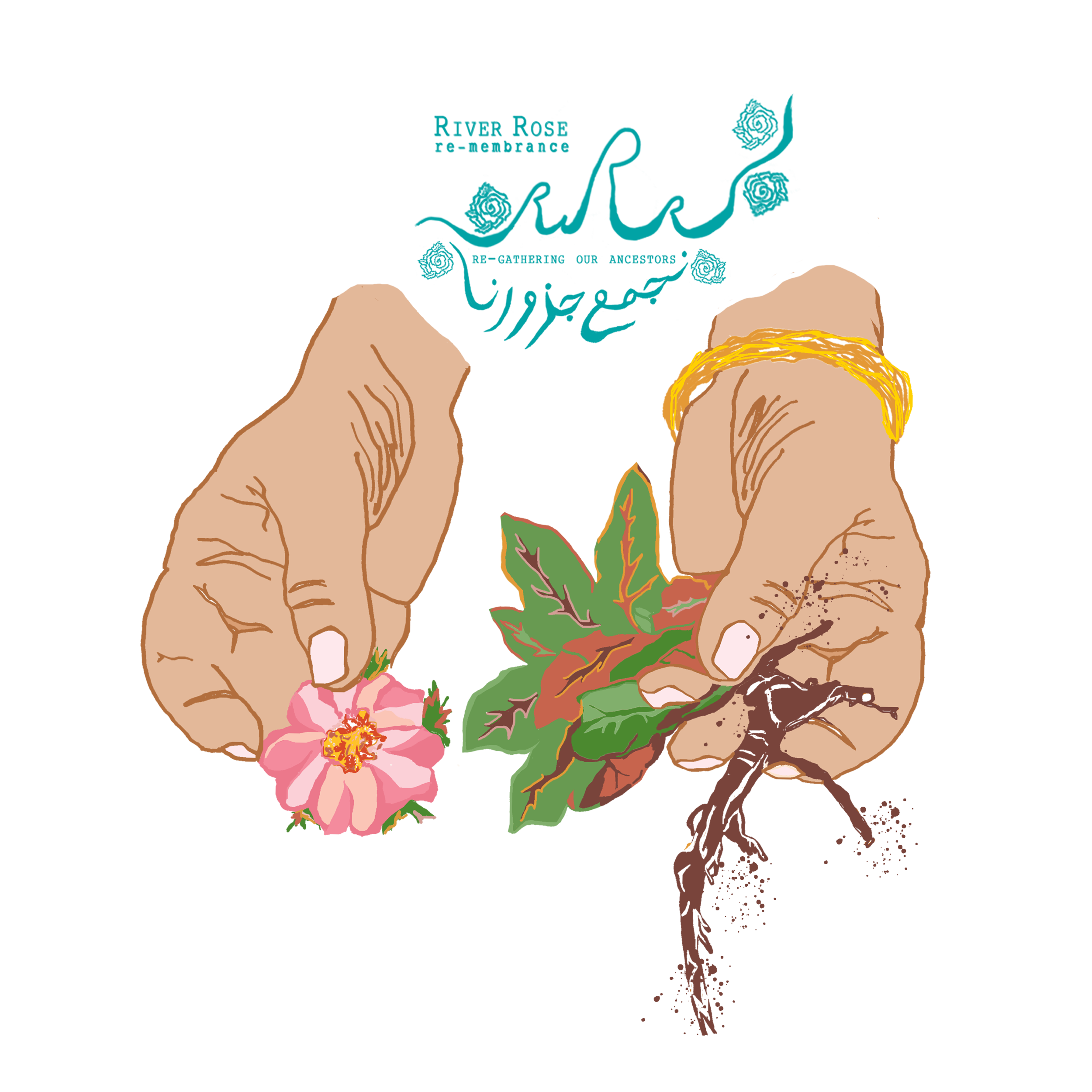Who I am or what will I be: how to interpret dreams?
*The yerazahan (Երազահան) is an Armenian dream interpretation book.
As far as I can remember, I have always been fascinated with dreams. One of the first books I ever got as a teenager was a big French dream interpretation dictionary which also contained a little routine to follow before going to bed to make sure you would remember your dreams when you wake up. In high school, as soon as I learnt about Freud, I started reading about psychoanalysis, and discovered the role of the unconscious, as described by European thinkers. “Do you know that your dreams are a manifestation of the emotions and feelings you repress? It is basically your brain trying to make the unconscious conscious, and sending you messages on what’s bothering you and what you should focus on if you want to deal with internal conflicts”, I told my mom. “Also, premonitory dreams are not actually premonitory: it is your brain processing some elements that you unconsciously registered when awake, and putting some pieces together during your sleep”. “Well…” said my mom, “that’s interesting, but these theories can’t explain everything”.
I think that one of the main reasons why I have been so interested in dreams is that it has always been quite a big deal in my Armenian family, especially among the women. I can’t count the number of times my grand-mother and mother have shared the details of their dreams in order to try and understand what they meant. What struck me, however, is that the way they approached interpretation was diametrically opposed to what I would read in my books. While European thinkers direct their interpretation towards the inner world – your dreams are a manifestation of who you are –, my family directs their interpretation towards the outer world – your dreams are a manifestation of what’s going to be. And that can explain why my mom was so skeptical when I told her about what I had read: it was a different and even conflicting way of seeing the world.For the women in my family, dreams are inherently divinatory, but also a communication channel with the hereafter. Not only can you learn about the future by interpreting their symbols, you can also see your ancestors, and receive guidance and messages from the members of your family that have passed away. My mom would say “I saw your great grand-mother last night: she told me she was going to help you pass your exam”, and I would automatically feel more serene on my way to university. Or my grand-mother would tell my mom “I saw my mother-in-law last night, she was telling me that she was worried about your brother; is everything alright?”, and my mother and I would look at each other wide-eyed, as my grand-mother question occurred just a day after we had decided not to tell her about a minor issue involving my uncle so she wouldn’t have to worry.
“These theories can’t explain everything”. I can understand why my mom would think that. There is a countless number of similar stories in my family that could confirm it. Like that time my grand-mother was significantly affected by some lung disease and had to be hospitalized for a long time, when they were still living in Armenia. She had to suffer several surgical interventions, and everybody was extremely worried. One night, however, my grand-mother dreamed of a saint on a horse. As she wanted to climb on the horse with him, the saint refused and just left. The saint was a symbol of the hereafter, and as he refused to have her come with him, this was interpreted as a positive omen: my grand-mother would recover. And she did. After researching the identity of the saint that had visited her based on the way he looked, my family concluded the omen was brought to my grand-mother by Surp Hagop (Saint Jacob). And after inquiring about the existence of a Surp Hagop church, they traveled quite a long journey to the church, bringing with them the offerings of many relatives and neighbors who wanted to light candles in gratitude and hope.
These stories would surely be discredited as superstition in France, where we now live, and even by new generations of Armenians ourselves. We could find rational explanations to what looks like divination: maybe my grand-mother hoped that she would recover so bad that her dream just translated her desire to not give up yet. Traditional knowledge like oneiromancy, i.e. divination based upon dreams, is often ridiculed, deemed irrational or even demonized in European societies as it is based on supernatural elements; and moving away from these knowledge systems towards more “rational” ones is presented as more progressive. But why is it wrong for people to look for guidance and healing in the ways that work best for them? Ultimately, everybody’s goal is to explain their lives and cope in the face of uncertainties and hardship, and whatever knowledge system does the job for them could be considered valid in that sense. I will continue reading my psychology books but I will also make sure to grab a yerazahan* on the way in order to preserve my family’s knowledge and stories on the same topics: it has helped us give meaning to our lives for several generations now, and I do not want it to disappear with me.
———

